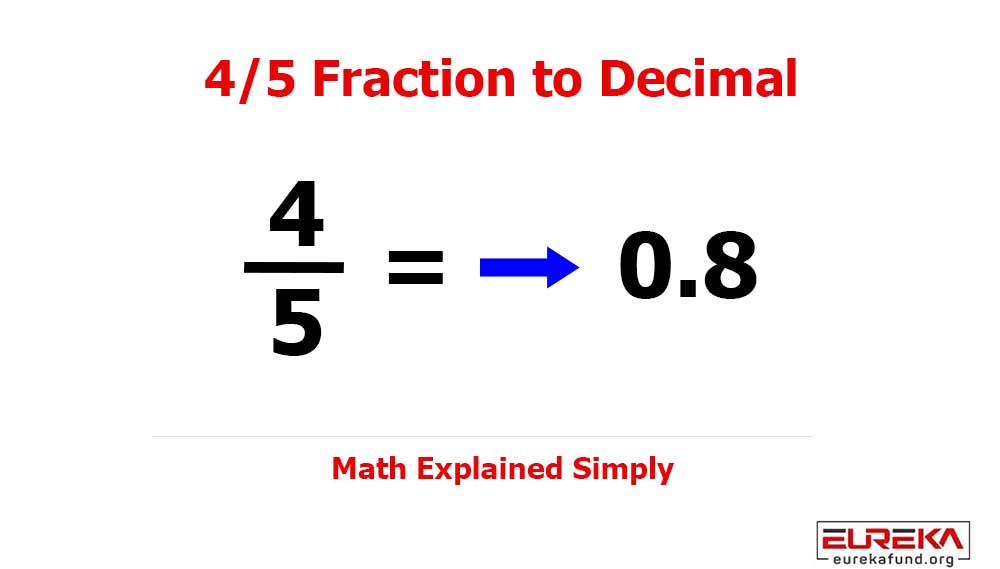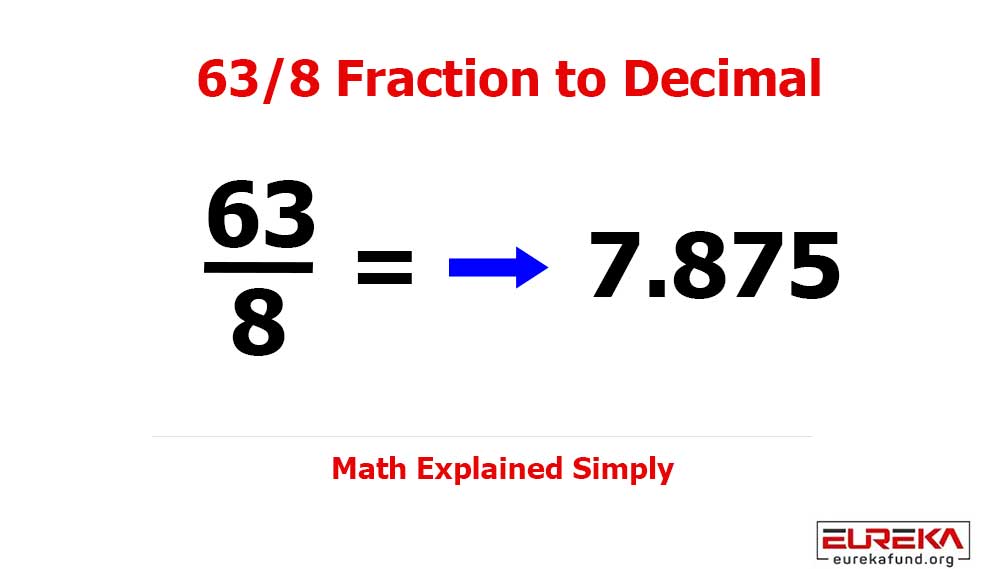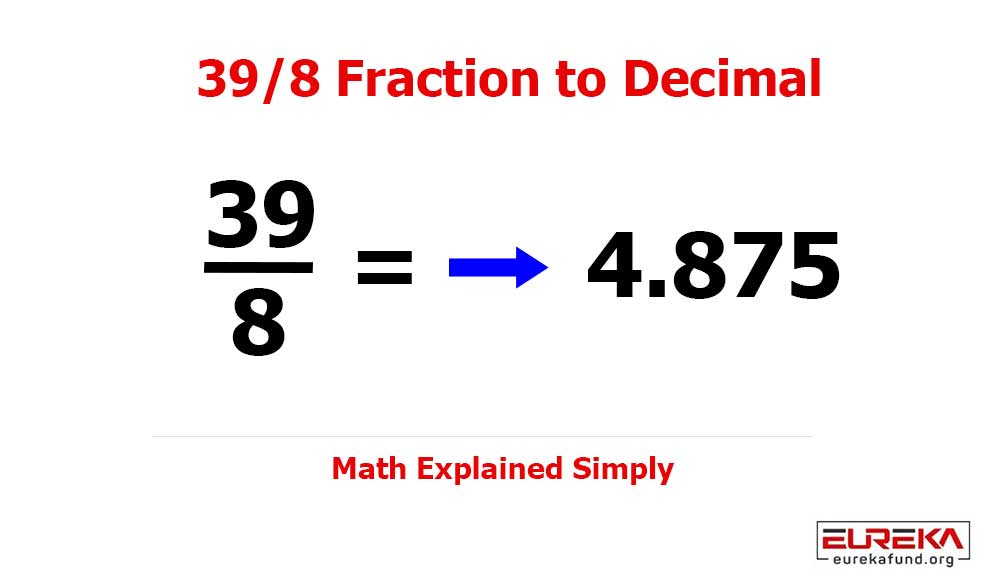Tax season is not a pleasant time for every business owner. This is because as you attempt to balance your books, match your expenses and file the taxes you owe, there’s always a chance the IRS may raise the alarm at your records. When this happens, you may have to go through an audit. But just because the IRS has flagged you down, that doesn’t mean you have to agree with them. The IRS only objects to your tax returns if they feel you haven’t recorded your details accurately; in such cases, they may issue Form 4549. So what is this IRS form, and how do you settle your tax dispute? Here’s what you need to know:
What is Form 4549?
Form 4549 is an IRS form sent to taxpayers whose returns are audited. This form indicates that the IRS doesn’t think you have recorded your taxes right. They may believe you failed to report your income, took more tax deductions than needed, or haven’t paid all your taxes. So, once the IRS goes through your returns and changes what you submitted, you will get a copy of the form. The purpose of Form 4549 is to show you where the IRS made changes and how it impacts your taxes. But you get a chance to redeem yourself. Along with this form, you can request an audit reconsideration using Form 12661. Understanding the Form 4549 IRS Audit Reconsideration can help you plan your next moves better and get your tax issue resolved fairly.
Why are You Getting Audited and Receiving form 4549?
You can get audited for many reasons, and sometimes it doesn’t always mean you submitted incomplete or wrong records; the IRS picks tax returns randomly to ensure that the taxpayer has fulfilled all the criteria set out by the federal tax law. So, even if your record is flawless, you may get audited to check for compliance. But in most cases, you get audited because of an error; these include:
- Failure in document matching. The IRS compares your information and data from your employers and financial institutes. If they notice discrepancies in the document, they will flag you down.
- Incorrect Tax Deduction. As a taxpayer, you’re allowed specific deductibles. To claim them, you must study your profile carefully and see what applies to you. Some deductibles are high risk, and if you use them without confirming you’re eligible or attempt to misuse this deductible, you will get selected for an audit.
- Your History. If you have a history of non-compliance, the IRS will keep a close eye on you, and there’s a high chance you will get audited.
Once your case is reviewed and the IRS makes its suggestions, you will receive the IRS Form 4549, also known as the income tax examination changes letter. This will detail all the proposed changes you must make to your tax return and penalties levied on you. Upon receiving this form, you will need to sign it. If you don’t do that, the IRS will issue you a notice of deficiency. If you’re outside the US, this is about 150 days long, and if you’re in America, it is roughly 90 days; during this time frame, you will need to submit a petition to the Tax Court, or else once the period expires, the IRS can take action against you.
An Overview of Your Next Steps
Here are a few steps you can take some steps to resolve your tax issue.
Review the Changes
When you get the form 4549, review all the changes the IRS wants you to make. It would help to compare it with your original tax returns to highlight where the IRS found faults and why you’re being penalized. If the basis of their proposed change is wrong, or you have supporting documents that show that you filed correctly, you can contest this form. You can involve your tax consultant in the process if you want an extra pair of eyes to review the dispute.

Respond to the Adjustment
Your next move after a careful review session is responding. Don’t be hasty because once you sign and submit the form, your response will be recorded, and if you accidentally agree to the dispute, you can’t recall the claim. However, if the IRS is correct, and you did make a mistake, all you need to do is agree to adjustments, pay the penalty, and submit the signed form. Your process ends here, and you don’t have to deal with the IRS until the next tax season. If you partially agree with the proposal, you can submit a written response to the IRS, where you can highlight what areas you agree with and which ones are incorrect.
But, if you are disputing their claim, always provide supporting documents and evidence; you cannot submit an empty response. From there, wait for the IRS to get back to you. The last option you have is completely disagree and challenging the IRS adjustments. You can review the audit reconsideration process if you think the agency is wrong.
Launching the Audit Reconsideration Process
To initiate this process, you must submit form 4549-A, known as the Income Tax examination and audit reconsideration changes. Use this opportunity to make your argument and provide evidence of why the IRS was wrong and what information they missed out on. You may need to show them bank statements, receipts, and invoices.
Once you submit your appeal, you have to wait for the IRS to respond. If they agree, your tax dispute is resolved, and you will get a corrected report that will discard their previous one. If they disagree, you can request a meeting, and if the issue persists, you can submit form 12661 and request an appeals review.
Yet, after offering all these reviews, if your disagreements with the IRS persist, you will have no choice but to take the case to the Tax Court. Throughout the process, have a reliable tax attorney in your corner, and don’t hesitate to consult a certified public accountant (CPA) for further help. Tax disputes are time-consuming and often tedious, but having two educated and certified experts on your team can solve your problem quicker.
Final Thoughts
The IRS is a tax regulating authority ensuring all taxes are adequately and appropriately recorded. But what happens when this same agency points its finger at you and claims you messed up your records? Fortunately, mistakes happen, and whether you intend or not to submit your faulty paperwork, you can always dispute their claim. Fighting form 4549 provides evidence that the IRS is wrong about your adjustments. Though the process is long and complex, it is well worth it. Not only is your name cleared, but it also removes your history of non-compliance, which is essential for your credit score. So follow this guide carefully; if you’re dealing with this situation right now, there is a way out!




